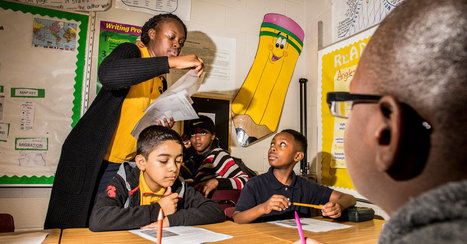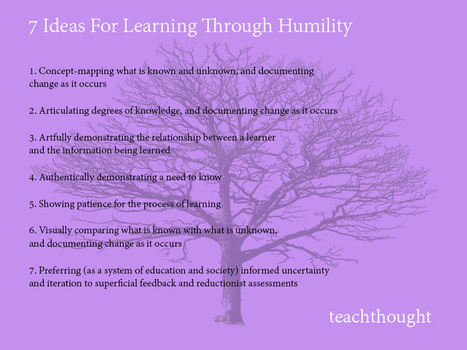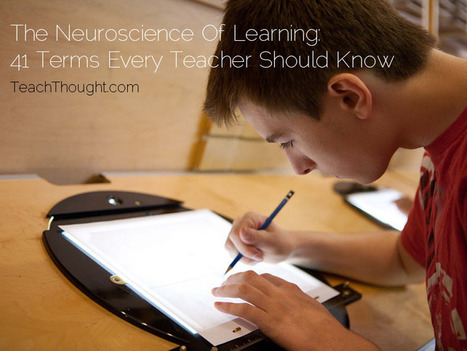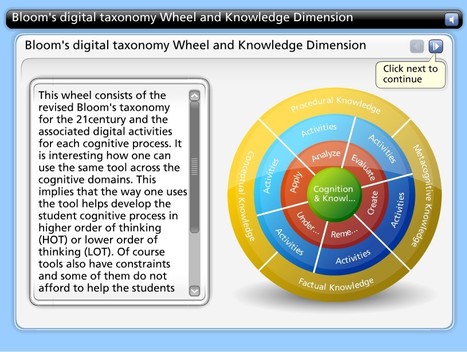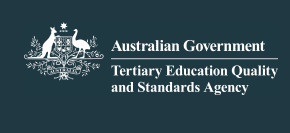To fix our education system, we need to harness teacher’s knowledge and stop undermining their love for the profession, says University of Melbourne expert
Get Started for FREE
Sign up with Facebook Sign up with X
I don't have a Facebook or a X account
 Your new post is loading... Your new post is loading...
 Your new post is loading... Your new post is loading...

Gust MEES's curator insight,
February 2, 2015 3:45 PM
In this age of abundance of information, shifting classroom pedagogy isn't nearly enough to make learning in school more relevant and authentic for the learner. Self-directed learning (andragogy), and self-determined learning (heutagogy) are the ideals necessary in making students "future ready" to live and learn in a web connected world. While original research applied these concepts to mature learners, it has become apparent that even young children have an abundant capacity for recognizing and directing their own learning. Anyone who has observed toddlers learning how to walk and talk understand the motivation and skill development that quickly develops during these processes. Considered by some to be on a learning continuum, self-directed learning and self-determined learning have at least one distinct difference. What is this difference, and why should educators care? - See more at: http://rtschuetz.blogspot.co.uk/2014/12/self-directed-vs-self-determined.html?spref=tw#sthash.oSVChVeN.dpuf Learn more: - http://www.scoop.it/t/21st-century-learning-and-teaching/?tag=andragogy - http://www.scoop.it/t/21st-century-learning-and-teaching/?tag=Heutagogy 
Dorote Lucci's curator insight,
February 3, 2015 12:56 PM
Great insights- this can be applied to other fields as well such as learning techniques to modulate stress and anxiety 
Shafeeq Husain's curator insight,
February 3, 2015 8:59 PM
Since "upwards of ninety percent of our learning will occur outside formal educational settings" (Jennings, 2010), in the age of abundance of information, students should be motivated to reflect on how they are learning. That is what is self-directed learning

Gust MEES's curator insight,
November 20, 2014 7:26 PM
This post is for educators who want to learn more about heutagogy and implement strategies that empower lifelong learners online. Learn more: - http://www.scoop.it/t/21st-century-learning-and-teaching/?tag=andragogy - http://www.scoop.it/t/21st-century-learning-and-teaching/?tag=Heutagogy 
Tim Hopper's curator insight,
November 25, 2014 12:18 PM
Interesting idea for ePortfolio pedagogy. Maybe the idea is to consider andragogy and heutagogy as distinct from pedagogy, or at least an evolution from it.

ManufacturingStories's curator insight,
September 23, 2014 11:05 AM
For more resources on STEM Education visit http://bit.ly/1640Tbl |

Gust MEES's curator insight,
November 1, 2017 7:08 PM
In this article, we discuss how the promotion of self-directed learning can be a benefit to every student of every level.
Learn more / En savoir plus / Mehr erfahren:
https://www.scoop.it/t/21st-century-learning-and-teaching/?&tag=autodidact

Raquel Oliveira's curator insight,
December 1, 2014 7:05 AM
Heutagogia e o olhar sobre a aprendizagem do século XXI: 1- protagonizar a própria aprendizagem 2- educadores mantem foco no processo de aprendizagem ao inves do conteudo 3- evita-se aprendizagem focada no educador 4- migra-se para o "mundo da aprendizagem" 5- explora e aprende praticando auto escolha e acao auto direcionada 6- avancar alem da disciplina #avancee 
Tony Guzman's curator insight,
December 1, 2014 10:41 AM
This learning theory may be beneficial in certain settings. Anyone applying it already?

Chris Carter's comment,
July 10, 2014 11:36 AM
Humility makes sense. Socrates knew that he was ignorant, and therefor was ready to learn. If I think that I already know a thing, or do not need to know a thing, then my mind is closed to it. All learning starts from a point of ignorance, and then move to greater approximations of understanding until mastery.

Srimayee Dam's comment,
July 10, 2014 11:43 AM
Absolutely! Most are unable to do so, unwilling to learn .. Being ignorant is fine, but lack of humility won't ever help

umh1467's curator insight,
July 11, 2014 4:57 AM
Es evidente que sólo si crees que puedes aprender lo harás.

Pamela D Lloyd's curator insight,
November 8, 2013 10:25 PM
This article is part of a larger, on-going effort to help connect teachers and other learning professionals with the neuroscience of learning. 
Moses B. Tambason's curator insight,
November 9, 2013 2:40 PM
More people are running to charity tube to post free videos and watch free videos than posting on you tube. Try posting at charity tube and you will never leave. http://www.africatube.net/ More visitors and more video views. Don't take our word for it, try it. Post one same video on youtube and put it on http://www.africatube.net/ and return ater five hours and compare the viewers rate and decide for yourself. Create your very own group or forum and control who watch it and invite everyone to watch the video. Above all, post video in English or in any language and viewers can watch video description in their own language. Try it and let us know your experience. Above all it is absolutely free like youtube

Tina Jameson's curator insight,
July 31, 2014 7:20 PM
http://eductechalogy.org/swfapp/blooms/wheel/engage.swf
Interactive animation that breaks down the 'wheel' - includes suggested 'tools' that could be used for different related activities. 
Mechanical Walking Space Man's curator insight,
November 6, 2015 3:58 AM
A tad skeuomorphic for my tastes but the thinking behind it, is great… 
Sonia Salgado's curator insight,
November 23, 2015 9:06 AM
Para el diseño de actividades y determinación de RED. |






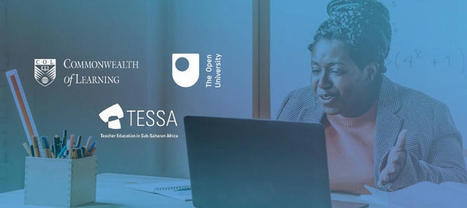


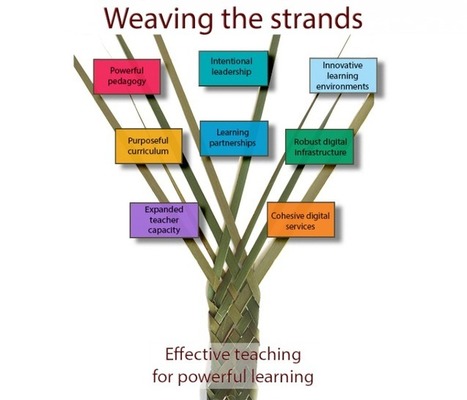

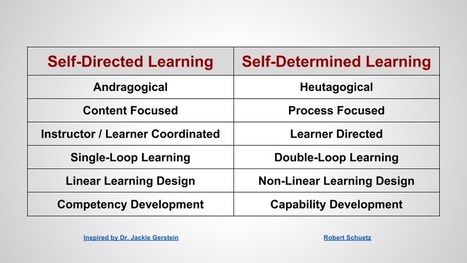
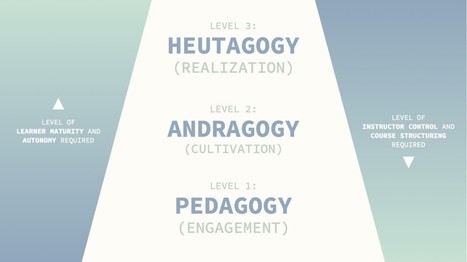
![The next generation of education system [Infographic] | Higher Education Teaching and Learning | Scoop.it](https://img.scoop.it/4XDm1xSu3uq0iMSxXHAo8Dl72eJkfbmt4t8yenImKBVvK0kTmF0xjctABnaLJIm9)










